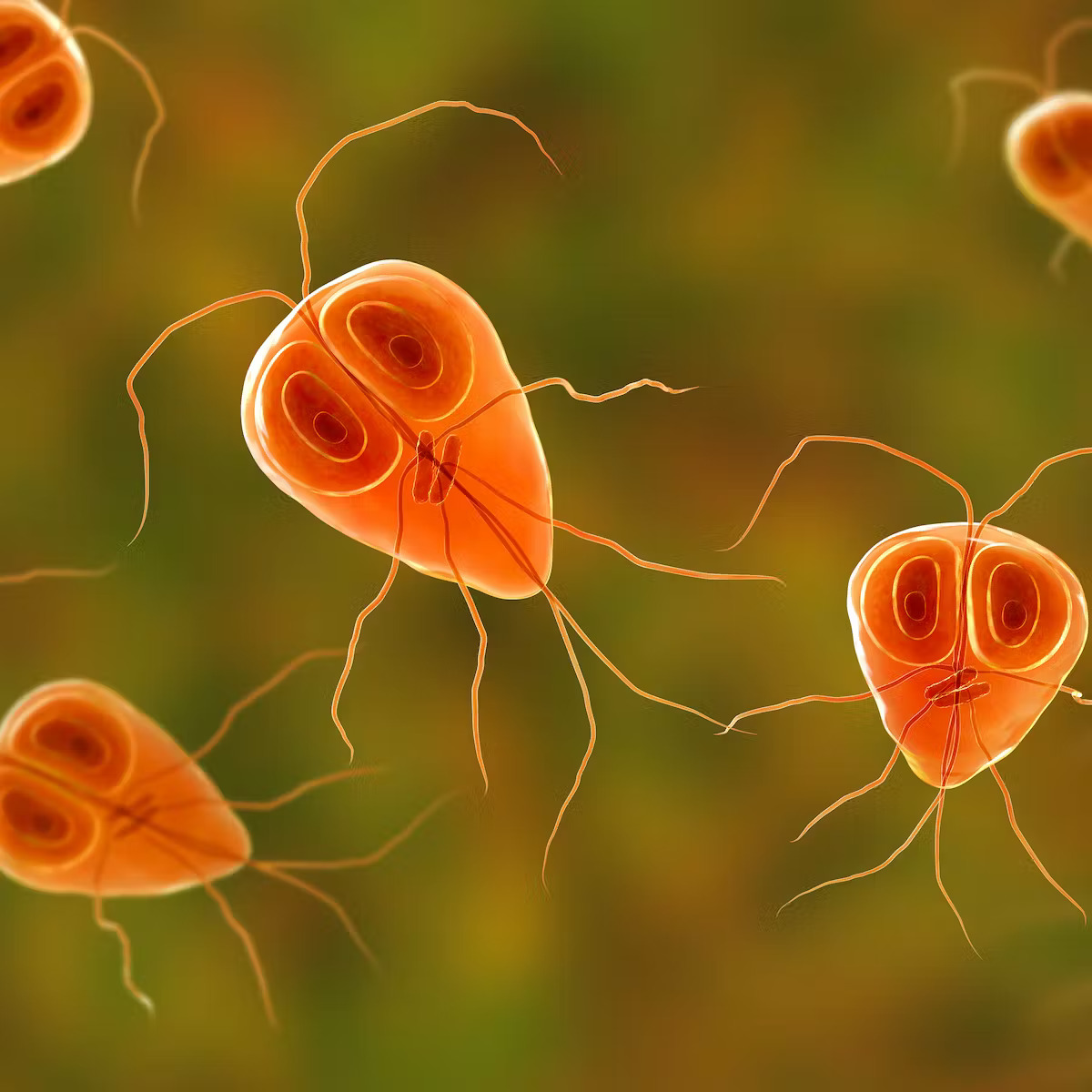Human parasites are organisms that live on or inside human beings and feed on them, causing harm and disease. Parasites can be found all over the world and can infect people of all ages, races, and genders. They come in various forms, such as protozoa, helminths, and arthropods. Parasitic infections are a significant problem in many parts of the world, especially in developing countries, where poverty, poor sanitation, and inadequate hygiene practices increase the risk of infection.
Protozoa are single-celled organisms that can cause a range of diseases in humans. Examples of protozoan parasites include Plasmodium, which causes malaria, and Giardia, which causes giardiasis, a diarrheal disease. Protozoa can enter the body through contaminated water or food or be transmitted by insects such as mosquitoes.
Helminths are worms that can live in the human body for years, causing chronic infections. They include flatworms, such as tapeworms and flukes, and roundworms, such as hookworms and pinworms. Helminth infections are often caused by inadequate sanitation and hygiene practices, as they can be transmitted through contaminated soil or food.
Arthropods, such as ticks, lice, and fleas, can also act as parasites, feeding on human blood and transmitting diseases such as Lyme disease and typhus. They can attach to the skin or hair of humans and feed for days, causing irritation and discomfort.
Parasites cause harm to humans in various ways. They can cause a range of symptoms, including fever, diarrhea, abdominal pain, and skin rashes. In severe cases, they can lead to organ damage, malnutrition, and even death. Parasitic infections can also weaken the immune system, making it more susceptible to other infections.
Preventing parasitic infections involves several measures, including improving sanitation and hygiene practices, drinking clean water, and avoiding contact with contaminated soil and food. Treatment for parasitic infections typically involves medication, such as antiparasitic drugs, which can kill or remove the parasites from the body.
In conclusion, human parasites are a significant public health problem that affects millions of people worldwide. They come in various forms, including protozoa, helminths, and arthropods, and can cause a range of symptoms and diseases. Preventing parasitic infections involves improving sanitation and hygiene practices and avoiding contact with contaminated soil and food. Treatment typically involves medication, which can kill or remove the parasites from the body.

Comments